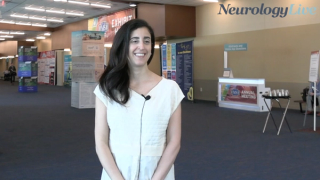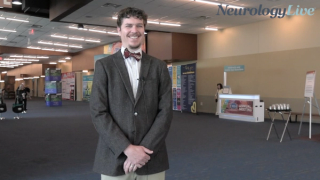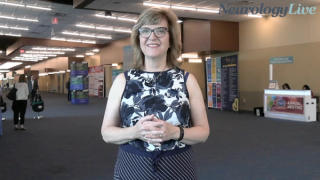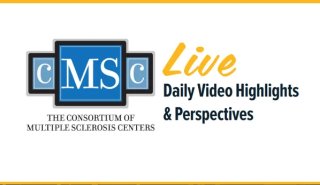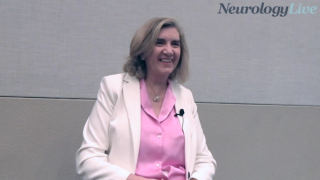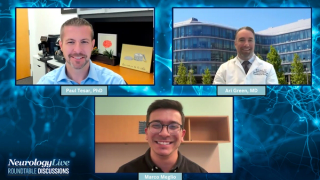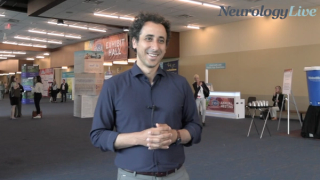
Multiple Sclerosis
Latest News
Latest Videos
CME Content
More News

New findings reveal ozanimod shows no significant rebound effect in relapsing MS patients after treatment discontinuation, ensuring safer transitions.

Research highlights the benefits of natalizumab during pregnancy for women with multiple sclerosis, showing reduced disease activity and improved outcomes.

The ongoing PERSEUS trial explores tolebrutinib's potential as a treatment for primary progressive multiple sclerosis, with results anticipated soon.

Engaging care partners in multiple sclerosis treatment enhances patient outcomes and supports their well-being, fostering healthier care partnerships.

New findings reveal ocrelizumab significantly improves symptoms, cognition, and fatigue in Black and Hispanic patients with relapsing multiple sclerosis.
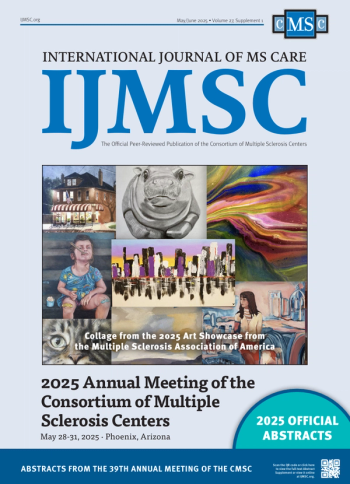
The 39th CMSC Annual Meeting is set to be held May 28-31, 2025, in Phoenix, Arizona. The International Journal of MS Care has published the abstracts.
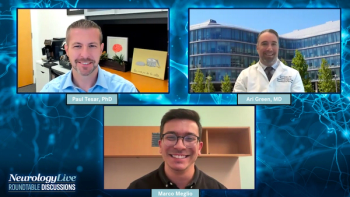
Panelists Ari Green, MD, and Paul Tesar, PhD, explore the scientific rationale and clinical complexity behind promising remyelination agents currently in development for multiple sclerosis.

Episode 4 covers how aging and disease duration impact remyelination potential and the strategies for targeting repair across the multiple sclerosis spectrum.

In this episode, panelists outline the key scientific and clinical challenges in translating remyelination research into effective therapies for patients with MS.

Neurologists Ari Green, MD, and Paul Tesar, PhD, discuss the current limitations of remyelination assessment tools in MS and highlight efforts to develop more reliable clinical measures.

In this initial episode, experts Ari Green, MD, and Paul Tesar, PhD, break down the biological foundation and therapeutic importance of remyelination in multiple sclerosis.

The executive vice president of research at the National MS Society talked about the significance of the Dystel Prize, honoring researchers in MS whose scientific work has led to meaningful diagnostic or therapeutic advancements. [WATCH TIME: 2 minutes]
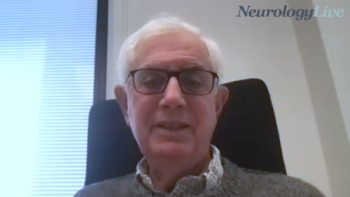
The professor of neurology and neurosurgery at McGill University discussed the evolution of multiple sclerosis treatment, the need for earlier intervention, and the pressing scientific questions surrounding neuroinflammation. [WATCH TIME: 4 minutes]

A recent large cohort analysis of global MS registry data reported that the incidence and persistence of progression independent of relapse activity varied widely depending on how it was defined.
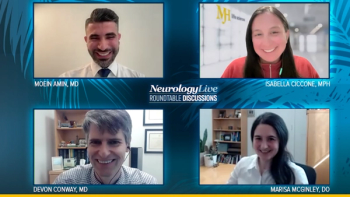
Experts discussed how aging impacts multiple sclerosis management, treatment decisions, and overall patient health. [WATCH TIME: 5 minutes]

Experts discussed the current and future applications of AI and machine learning in multiple sclerosis research and clinical care, highlighting both opportunities and limitations. [WATCH TIME: 9 minutes]

Experts discussed the promise and uncertainty surrounding BTK inhibitors and CAR T-cell therapy in addressing progressive multiple sclerosis. [WATCH TIME: 8 minutes]

Evan L. Smith, PhD, assistant professor of Physical Medicine & Rehabilitation at University of Michigan, discussed how emotional wellbeing, motivation, and evidence-based therapies can significantly influence outcomes in MS.

The award ceremony is supported by Viatris and will take place on Thursday, May 29, 2025, at the Phoenix Convention Center in Phoenix, Arizona, during the 2025 CMSC Annual Meeting.

Jack P. Antel, MD, professor of neurology and neurosurgery at McGill University, reflected on key advances in neuroimmune research and their implications for understanding and treating MS.

Bruce Bebo, PhD, and Amit Bar-Or, MD, FRCPC, FAAN, FANA, discussed the impact of the John Dystel Prize on multiple sclerosis research and its role in shaping future clinical advancements.

In a large Swedish MS cohort, higher combined intake of lean and oily fish was linked to significantly reduced risks of confirmed disability worsening and EDSS progression, independent of lifestyle factors.

The phase 2 trial, spanning across 4 sites in the United States, evaluates dose-dependent safety, tolerability, and microglial modulation of foralumab in a cohort of nonactive secondary progressive multiple sclerosis.

The executive vice president of research at the National MS Society talked about how the award continues to honor transformative multiple sclerosis research and inspire the next generation of investigators. [WATCH TIME: 5 minutes]

The director of NYU Langone's Multiple Sclerosis Comprehensive Care Center discussed the importance of early, high-efficacy treatment for pediatric MS. [WATCH TIME: 3 minutes]






